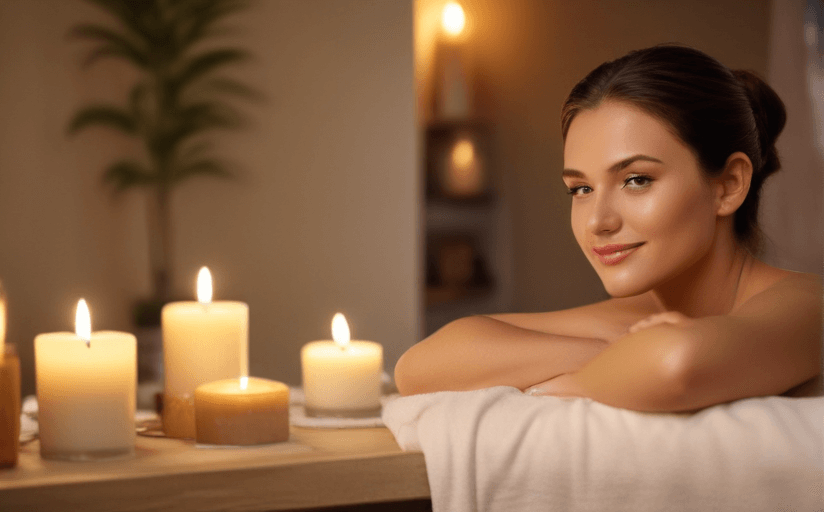Psychological Well-being & the Beauty and Personal Care Industry: An In-Depth Analysis
The beauty and personal care industry is a fundamental facet of modern society. It not only shapes the standards of beauty, but it significantly influences our self-image and mental health. Hence, understanding the interplay between mental health and the beauty and personal care industry is critical to ensure our sustainable psychological well-being.
The Interplay Between Mental Health and Self-Image
Research shows a strong correlation between our body image and mental health. A study published in the Journal of Health Psychology illustrates that negative body image can lead to decreased self-esteem, increased risk of depression and anxiety, and other mental health problems.
The Impact of the Beauty and Personal Care Industry on Mental Health
On one hand, the beauty and personal care industry sometimes promotes a narrow definition of attractiveness, pressuring individuals to meet unrealistic beauty standards. This can exacerbate body dissatisfaction and contribute to mental health disorders. Advertising campaigns and social media contents showcasing 'perfect' faces and bodies can wreak havoc on one's self-esteem and body image, potentially leading to psychological distress and disorders, such as body dysmorphic disorder.
On the other hand, beauty and personal care practices can also contribute positively to mental health. These regimes not only serve to maintain physical health, but can also act as forms of self-care that enhance psychological well-being. Activities such as skincare routines, for instance, can serve as therapeutic rituals providing moments of self-care and relaxation.
The Role of the Beauty and Personal Care Industry in Promoting Mental Wellness
While its influence can be detrimental at times, the beauty and personal care industry unquestionably has the power to foster a healthier mindset among individuals. Brands can promote healthiness and realism by showcasing different body types and skin colors, promoting self-acceptance, and discouraging harmful beauty standards. They can also offer products that focus on self-care and wellness rather than just physical appearance.
Several brands have already moved in this direction, such as Dove with their 'Real Beauty' campaign that celebrates diversity in beauty, and Aerie that refuses to retouch images of their models in advertising campaigns.
Conclusion
While beauty standards, advertising campaigns, and social media can negatively affect mental health, personal grooming and beauty routines can also serve as therapeutic activities that improve psychological well-being. As consumers, it is crucially important to engage with the beauty and personal care industry mindfully, ensuring to focus on our mental wellness along with physical appearance. The beauty and personal care industry, for its part, should also take responsibility in promoting realistic beauty ideals and prioritizing mental health.
















Comments
Leave a Comment